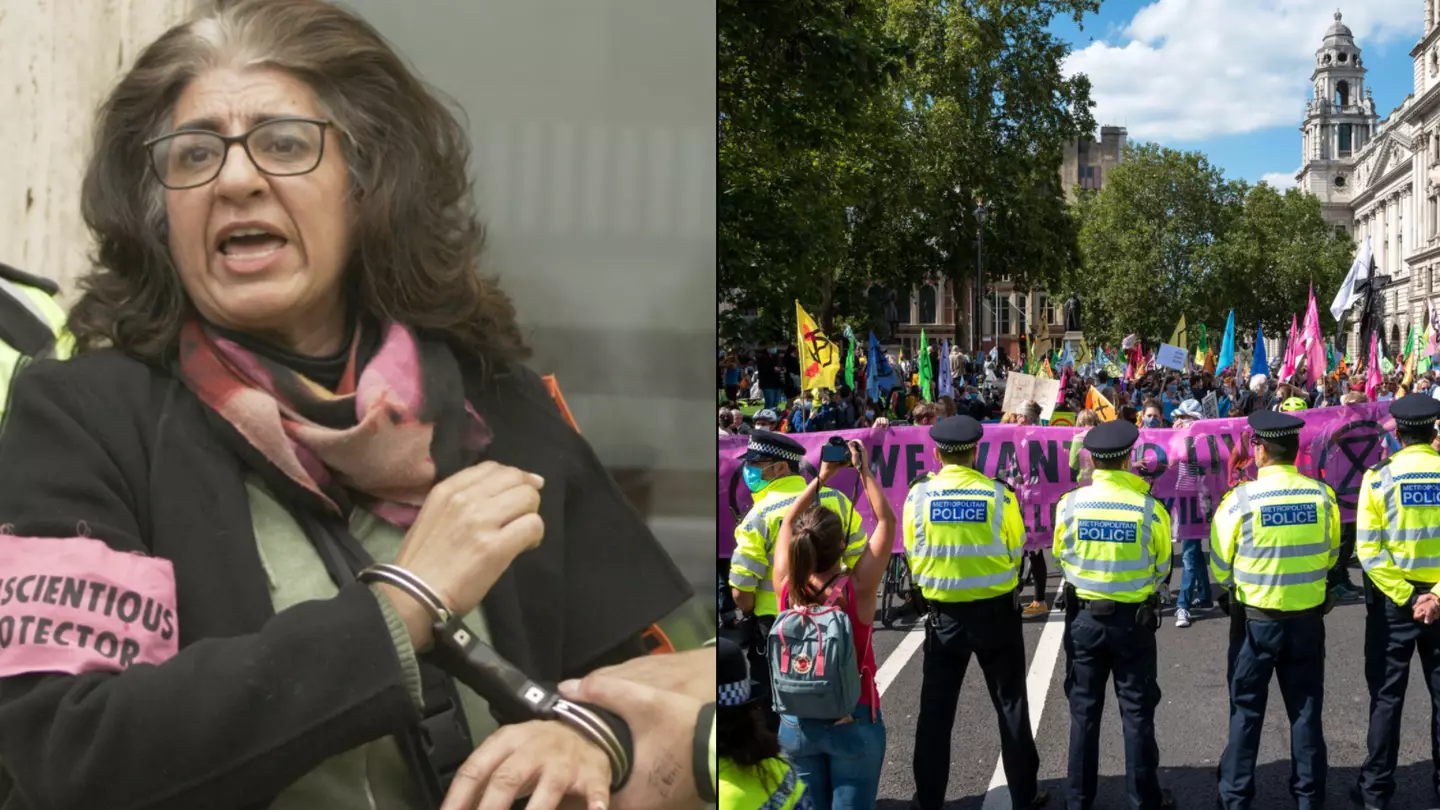
A former member of Extinction Rebellion has spoken out about where she believes the group has gone wrong in its approach to tackling climate change, having revealed in a new documentary how divisions within the movement often threatened the success of its actions. Watch the trailer for Rebellion here:
Farhana Yamin is an environmental lawyer and development policy expert who has been involved in a number of high-profile international treaties, including the Paris Climate Agreement. In November 2018, she decided to join Extinction Rebellion, a relatively new movement that aimed to use nonviolent civil disobedience to encourage the government to take drastic environmental action. Her aim, she says, was to get arrested for what she believed in – even gluing herself to Shell’s London office in May 2019 as her kids cheered her on, only to be disappointed when she didn’t end up in court.
The following month, she made the drastic decision to step down from her roles amid ongoing ‘tensions’ within the group, as detailed in new documentary Rebellion, which landed on Netflix today (1 April).
Advert
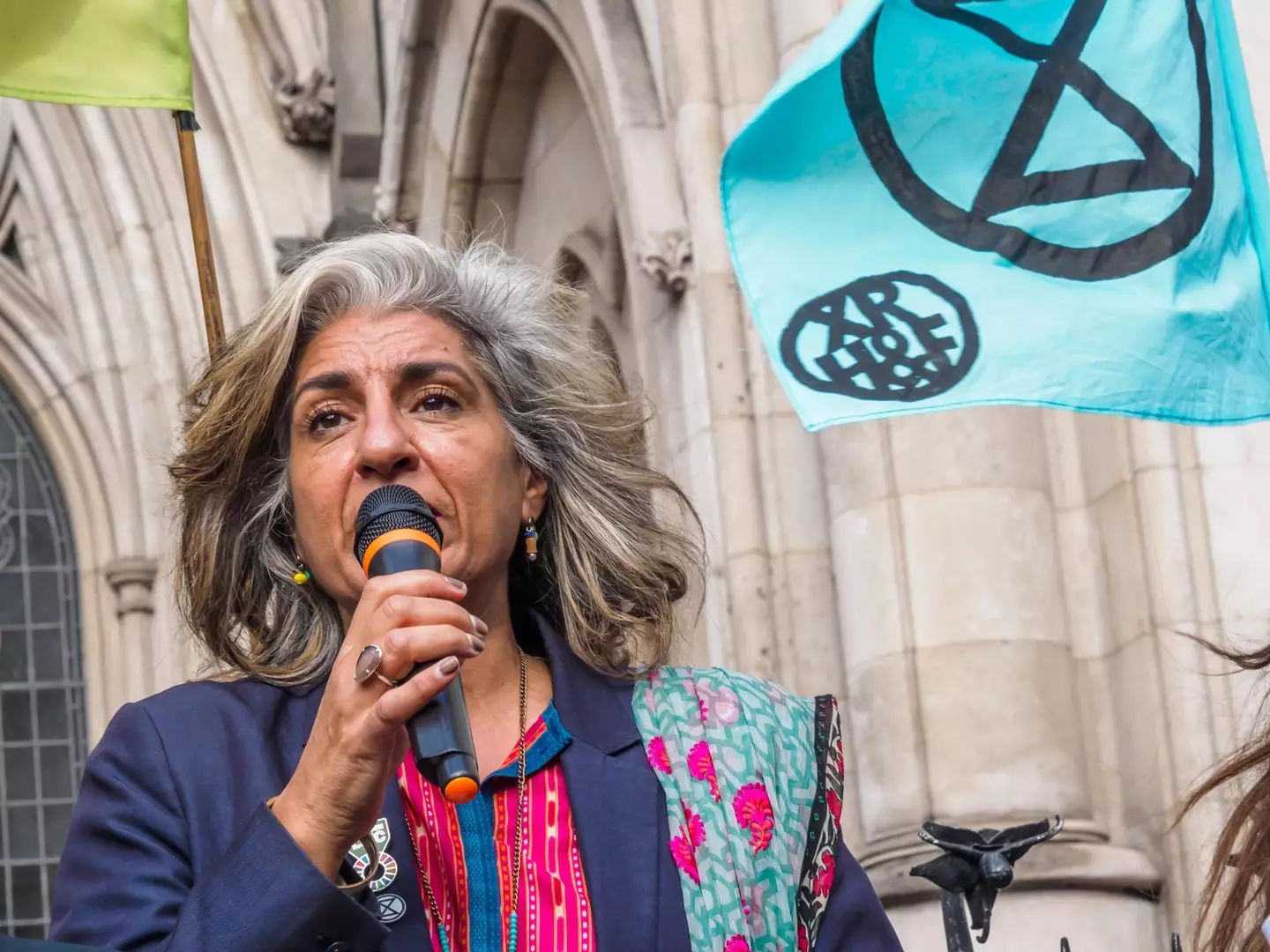
The film shows how, while members ultimately have one common goal, over the years there have been various divisions within the movement, and that not everyone agrees with every stunt or protest.
Speaking to LADbible, Yamin said: “I found the tensions – and the ways in which the movement then did go down a certain set of tracks – very upsetting, and we see that in the film.
"I didn't want to be involved with a bunch of people, frankly, who found it difficult to listen to good advice.”
Such advice, she explained, included not needlessly generating an ‘adverse’ response from the general public or authorities, which is something the group has come under fire for a number of times in the past.
Yamin continued: “I think you have to really be more strategic and know what are the objectives and how far you can push the system. I think some actions you can anticipate very well will have an adverse reaction.
"We seem to be going too far with the current Policing Bill and environment, which is now utterly hostile to any protests – you can just stand there and talk, and you'll get arrested.”
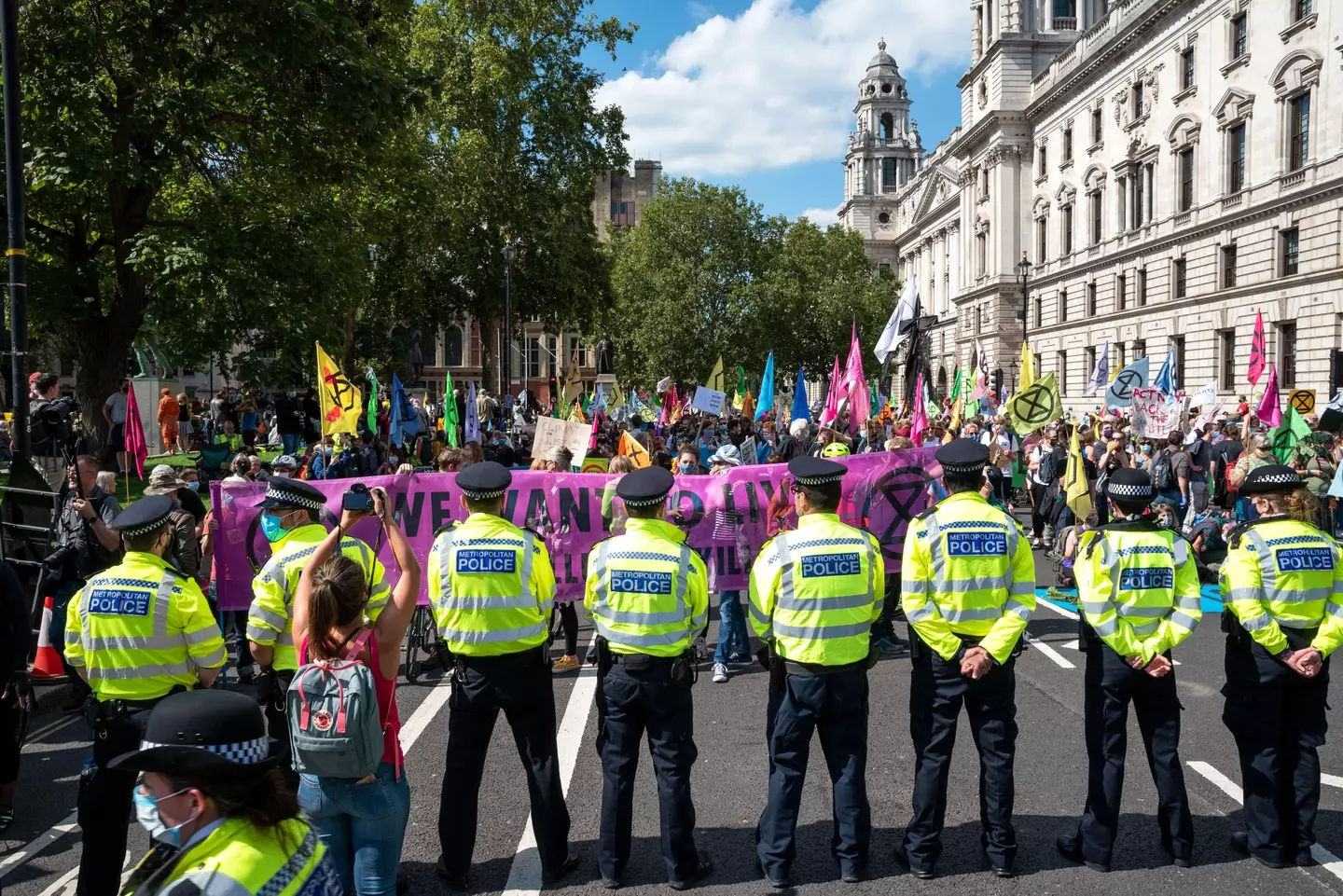
She also believes that too much importance was placed on the April Rebellion – a month of high-profile protests and campaigning in 2019 – saying it simply ‘takes a lot’ to achieve any system change, as she has learnt through her own professional environmental negotiations.
Yamin said: "I know that movements to tackle system change take a lifetime, if not longer, and trying to sell [the idea] that we could solve it all by a rebellion in April was a little bit misleading and naïve.
“Yeah, it got people inspired to spend two weeks on the street, but two weeks on the street don't bring down that sort of capitalism."
Yamin said she felt proud of the stunt that saw her glue herself to the forecourt outside Shell’s office, having wanted to ‘stand trial in a Crown Court’. But when asked how far she would be prepared to take her protests – with former leader Roger Hallam previously saying he would block an ambulance in the road, if that’s what it took – she said it was more down to what worked than personal extremes.
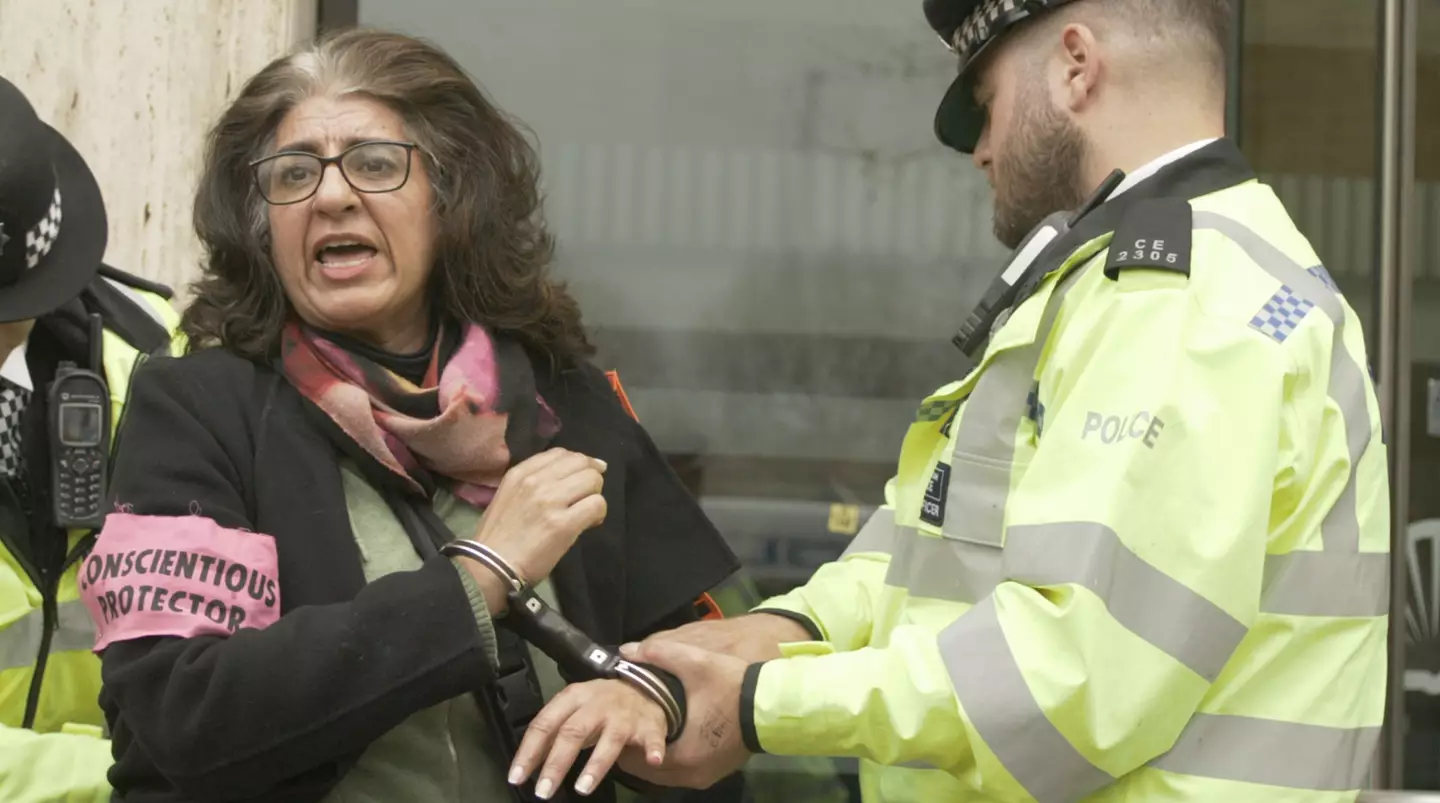
“I do feel there has to be a test of something that resonates with the public, and that shows that other methods are failing,” she said.
“That sort of sweet spot is important to get, but we won't always get it right. Nobody gets everything right, in anything in life. And so sometimes protests may or may not work, or something may go wrong – it happens with all the best of groups – or it may turn into a damp squib.
"So I feel like people should be a little bit kinder and more understanding that those taking these risks can't anticipate every single thing.”
In one scene, we see members debating a planned drone protest at Heathrow Airport, supported by the group’s former leader Roger Hallam – but not many others. He had wanted to shut down the popular airport by flying a drone into its airspace, only to be stopped by police before he could go ahead with the stunt, with the government later warning that such ‘reckless action’ could not only endanger lives, but also potentially a lengthy sentence behind bars.
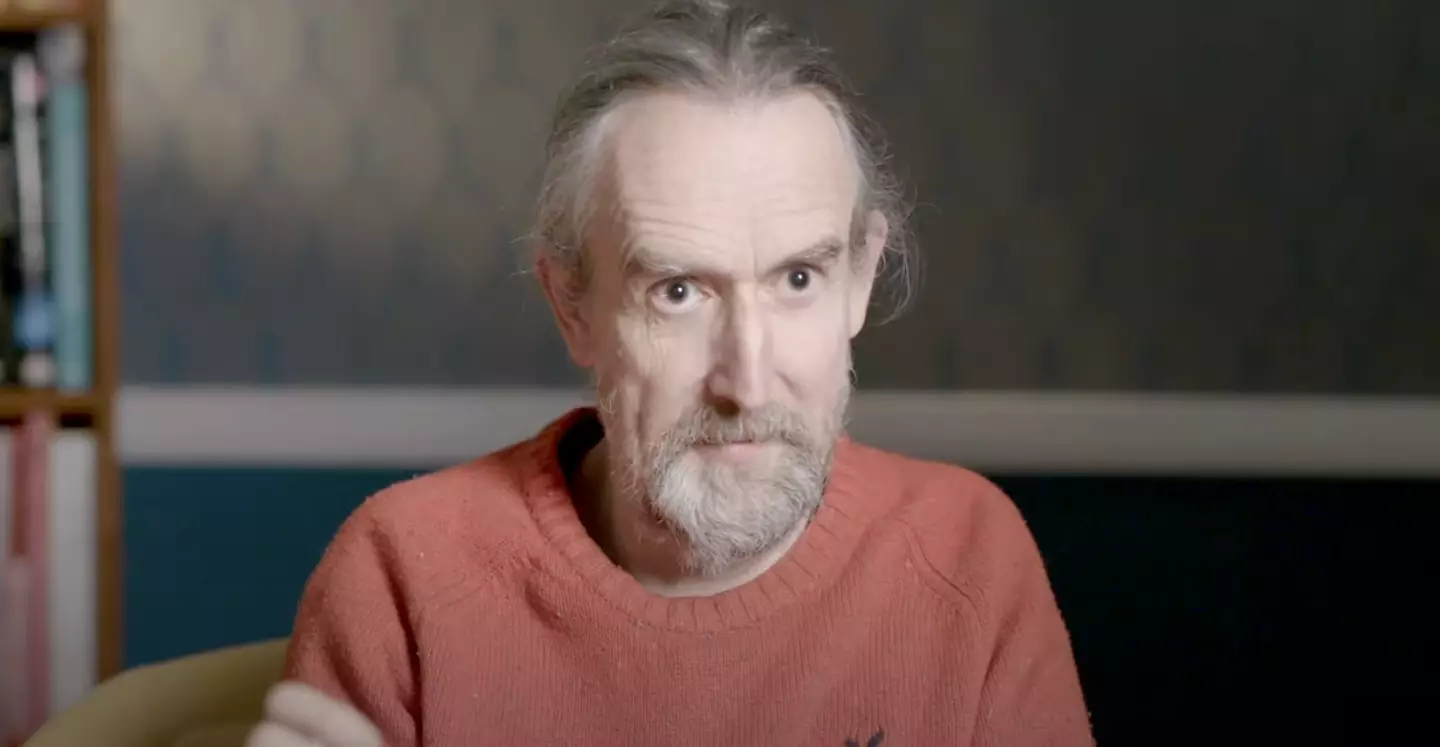
Yamin recalled: “It was planned by him and a number of his very close – almost entirely male – allies. And it was an action that was trying to highlight aviation emissions, airport missions, luxury travel. And I said, along with many others, ‘Well, we should really target private jets and private airports’.”
As well as disagreeing with action that disrupted ‘ordinary people’, Yamin’s legal background also made her worry for those eager to break laws without fully appreciating the repercussions.
She said: “When you do something that is disrupting critical national infrastructure, like a massive airport, then the penalties can be up to 20 years’ imprisonment. And I felt like, well, actually, we need to really be sure that some of the people who are signing up to this have really, really understood what they're signing up for.”
She continued: “And I guess the other issues were really about what the movement needed. We've just had this massive success [with the April Rebellion], and people wanted to develop a deeper vision. They wanted to create links with other organisations who then had their own view of what priority actions might look like.
"And we never got that chance, because we just had that whole summer arguing with each other.
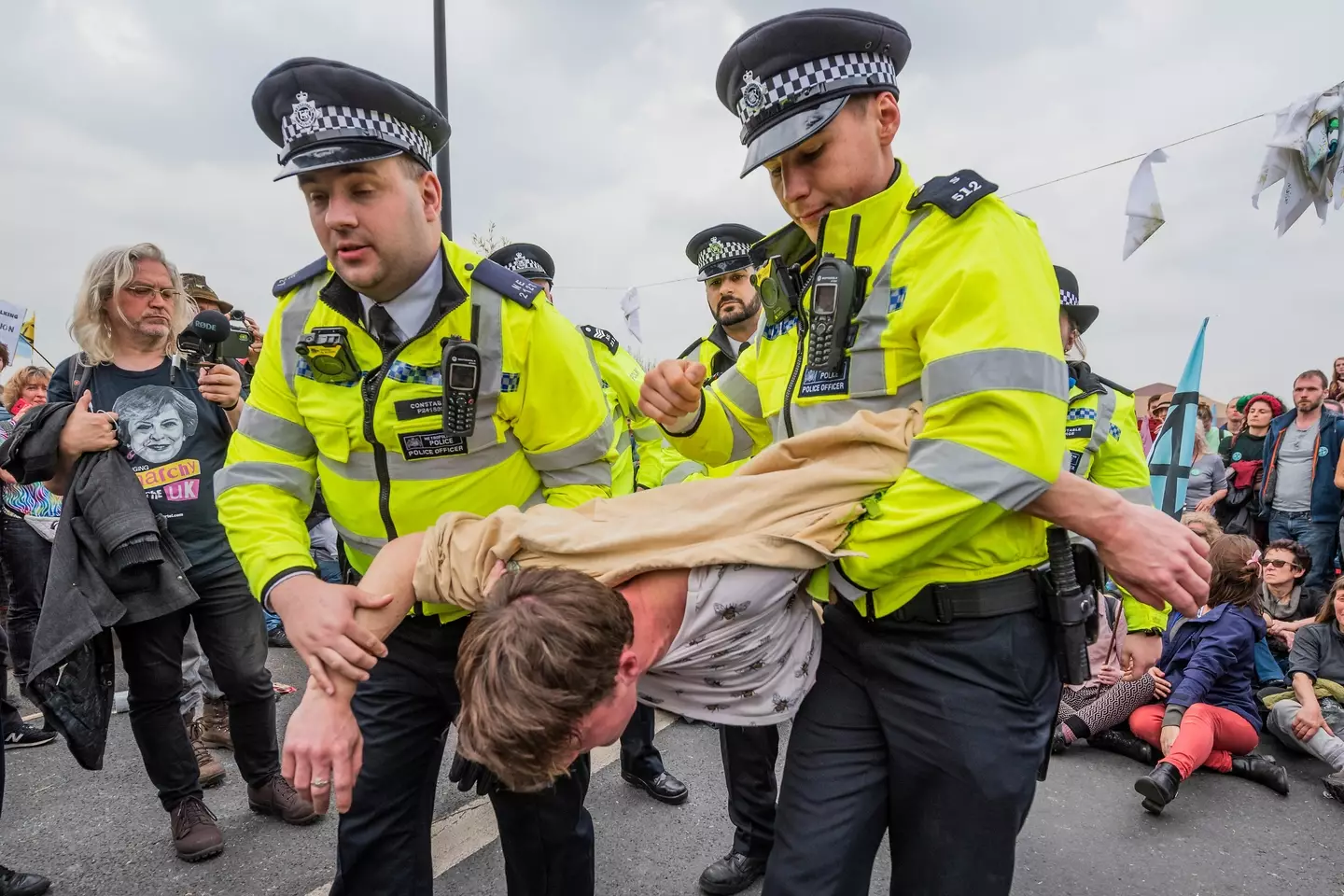
"And all of this huge influx of people and organisations that suddenly then wanted to collaborate with XR had no say in shaping the future actions or shaping the future strategy. So I felt like that was a really missed opportunity.
"It left everyone very, very exhausted and feeling like, 'Well, we're not really creating a new paradigm either because it's just the same old dynamics with a bunch of, frankly, older men deciding everything'.
"So that's why you see the youth, the Black and brown people – including myself – and women in that documentary feeling really frustrated."
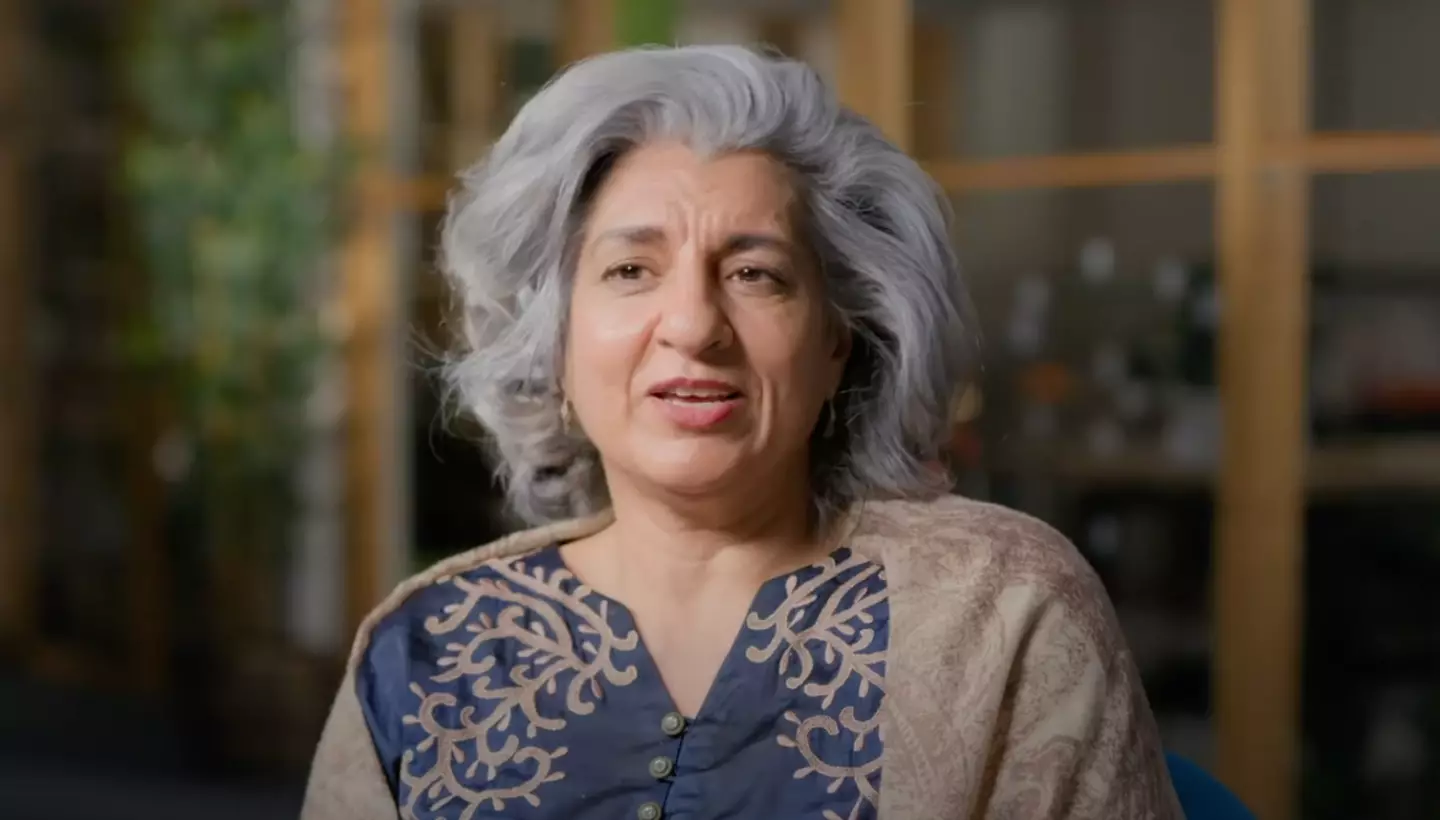
But despite the problems within Extinction Rebellion, Yamin is keen to stress that she still holds a lot of respect for her former co-members – including ousted leader Roger Hallam, who was forced to step down after a democratic vote within the group.
She continued: “Reflecting three years on […] I still feel like it was an extraordinary achievement, and people should feel really proud.
“And whatever my sort of strategy and tactical differences with Roger and others may have been at that time, I respect him so much. I mean, he's given up so much in his life."
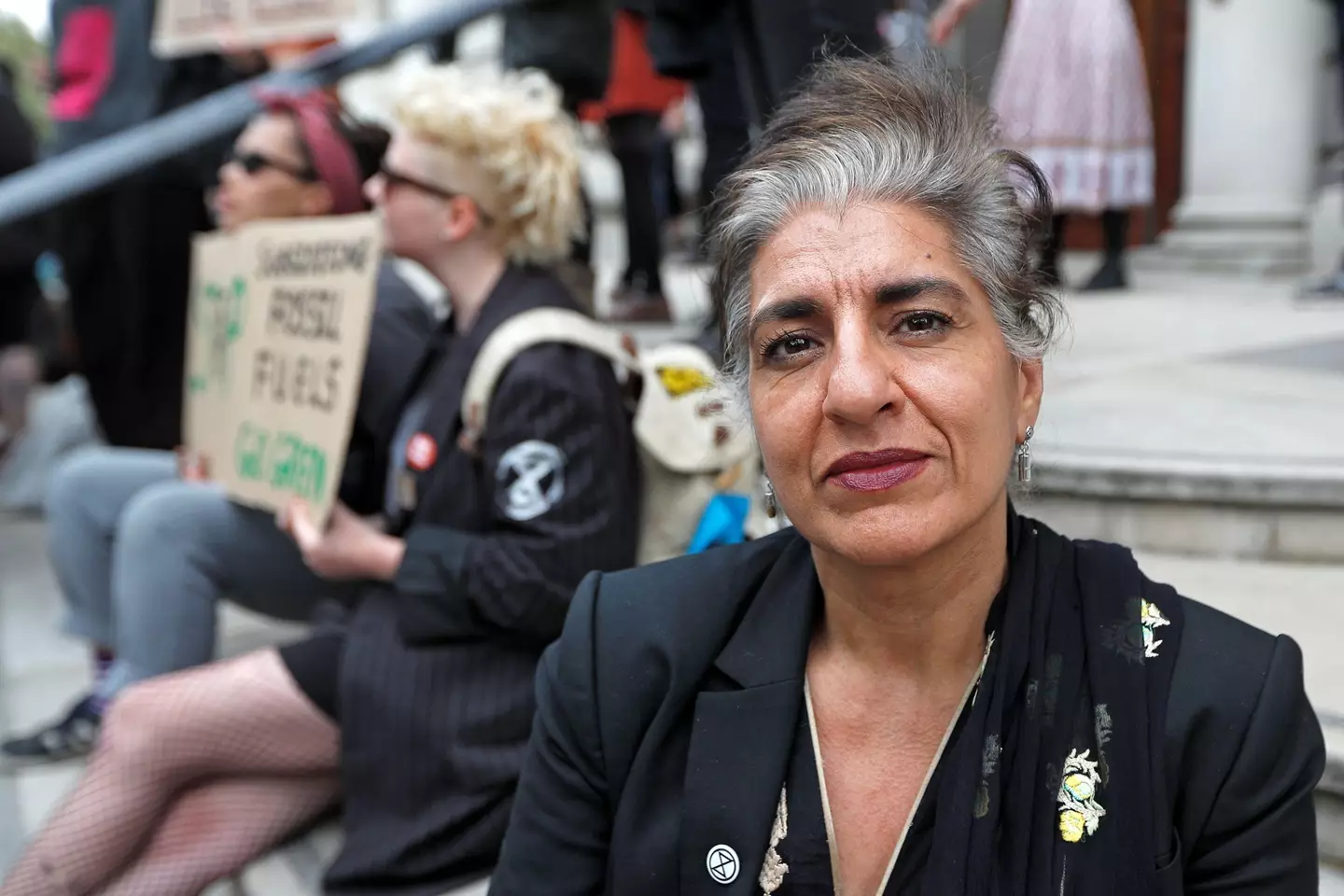
Yamin added that she had ‘utter admiration’ for what Extinction Rebellion had collectively achieved, and for those who have been through and are still going through the 'legal process and all of the fallout that goes with that' – be it the psychological impact, the 'blip on your record' in terms of employability, or issues with travel and visas.
"It's a lot, actually, to take on," she said.
"So, yeah, my respect to them, and especially doing it in these much harsher times."
Watch Rebellion on Netflix now.
Topics: TV and Film